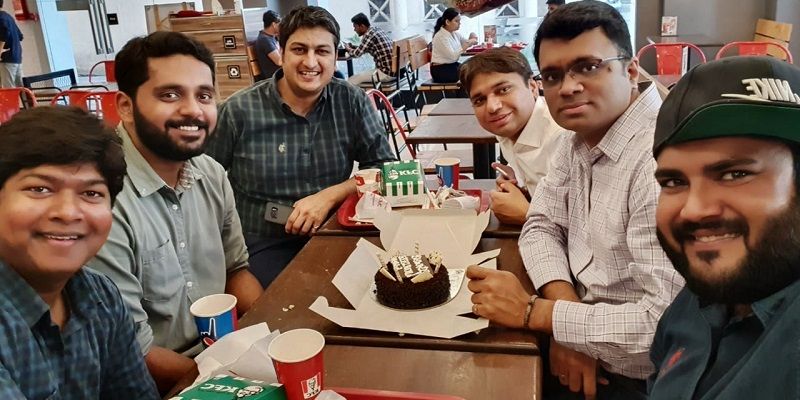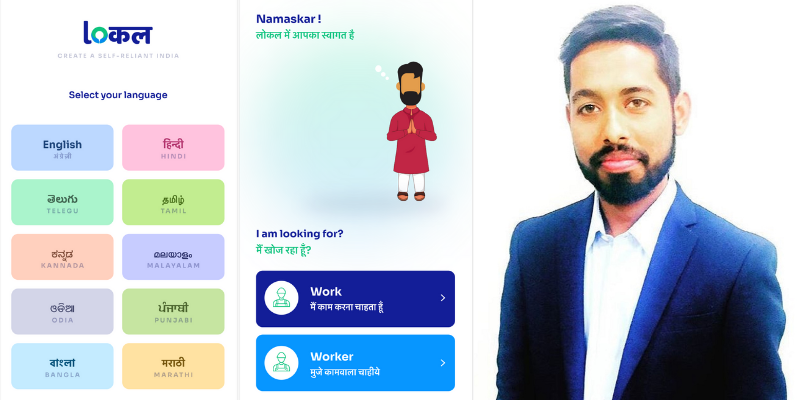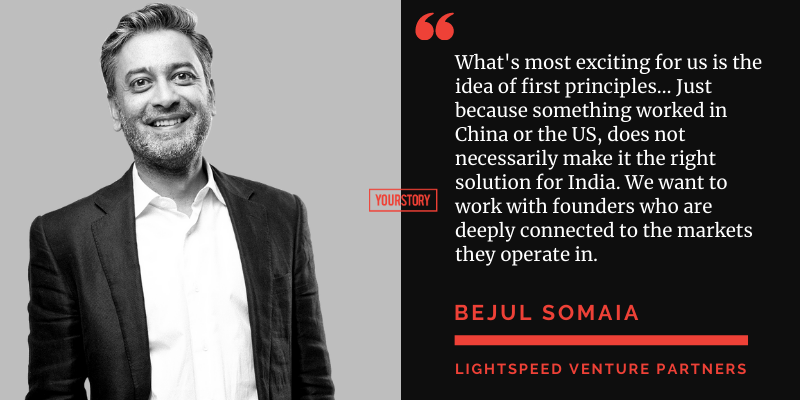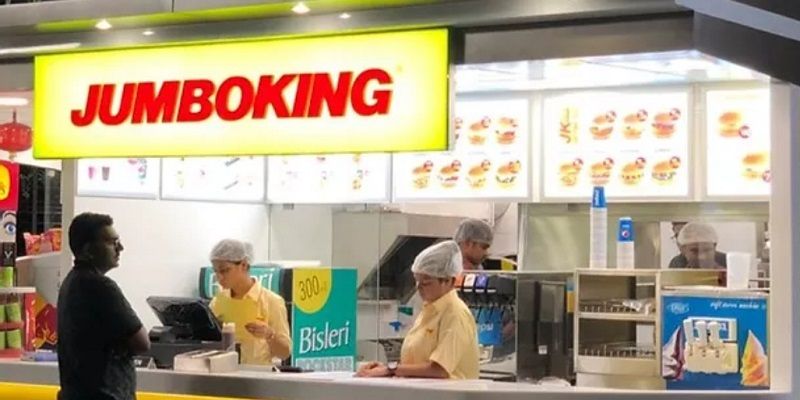Technology is changing the world. Voice and robot assistants, augmented and mixed reality, regenerative medicine, cryptocurrency, and driverless cars will transform our way of life, and engineers are leading the way.
Ramakrishnan A, Co-founder and CTO of Mumbai-based Ekasta, strongly believes that technology has one main function: to improve everyday life. The engineer, who has over two decades of experience in embedded systems, has over the years worked on several products that facilitate this and continues to do so.
At present, he’s most excited about his latest project: building a strong IoT device with a hardware and software component for small retailers in and out of India. He calls it a moonshot, a "groundbreaking project"

Near.Store team
Ekasta’s Near.Store is an instant plug-and-play solution that can help mom-and-pop stores create their own digital presence. The device needs to be plugged into an existing billing system and creates a unique online presence, enables discovery, generates online sales, attracts new customers, and ensures customer loyalty.
In a coronavirus-ravaged world, technology can also help migrant labour get jobs.
In April, shortly after the coronavirus lockdown, 120 million out of 170 million blue-collar workers in India went unpaid due to either unemployment or delayed wages. Between March and May, India's unemployment rate more than tripled from 8.75 percent to 27.1 percent, according to the Centre for Monitoring Indian Economy.

Ankush Sharma, Founder and CEO, LokalPe
Enter LokalPe, a job search platform that matches blue-collar workers with hyperlocal skill-based jobs at their base locations. LokalPe went live in June, and claims to have helped fill up over 2,000 vacancies in Uttar Pradesh, Bihar, and Madhya Pradesh — states that recorded the highest rates of returning migrant labour.
Co-founder and CEO Ankush Sharma tells YourStory, “We had this idea even earlier but the pandemic cleared our focus with so many people losing their livelihoods and returning to villages. State governments don’t know how many people from their states are outside, which sectors have seen most job losses, and so on. There is no data available, and we wanted to fill this gap for both job seekers and employers.”
It's not just him. All entrepreneurs set out to solve a problem – be it focusing on healthcare, education, finance, services, or jobs. But, how do investors find the right entrepreneur to back?
“Why are you doing this?” This is the first question Bejul Somaia asks startup founders in every pitch meeting.

In Bejul Somaia's nearly two-decade long stint in the venture capital and startup world, he has consistently relied on this question to tell apart bold founders who are in it to play the long game and win at all costs.
As the Managing Director of Lightspeed Venture Partners, he has done that consistently for the past 12 years at the early- stage venture capital firm, betting on unconventional names and bold ideas that have yielded stellar returns for the firm. The examples are many. Lightspeed was the first investor in power marketplace Indian Energy Exchange (IEX) until its eventual IPO.
Every entrepreneur – big or small – dreams of changing status quo.
Dheeraj Gupta, Founder and Managing Director of Jumbo King, was inspired by John F Love’s McDonald’s: Behind the Arches, when he laid the foundation of his QSR chain with an outlet outside Malad railway station in Mumbai in August 2001. Over the next few years, he took Jumboking to new heights. His initial investment of Rs 2 lakh led to a 32-store chain eyeing Rs 6.5 crore turnover in 2007, and went up to 45 outlets in 2008.

Jumboking store
By 2012, Jumboking had a presence in 13 cities with 52 store, half of which were company-owned stores. But things went downhill in the next couple of years. Dheeraj had raised Rs 6.5 crore venture capital from undisclosed sources in 2010, and was soon struggling with unit economics and overhead costs like rents and salaries.
The founder then took a bold bet, completely realigning the business model from company-owned stores to a franchise model. This move helped QSR business navigate the choppy waters it found itself in and brought it back from the brink in 2013.
Today, Dheeraj and his 15-member team handle 114 franchise stores in two cities, Mumbai and Pune. They have bigger plans: 1,000 stores in the next five to seven years.
Clearly, dreaming big and working hard can help us tide over the worst crises.
Edited by Teja Lele Desai
India’s most prolific entrepreneurship conference TechSparks is back! With it comes an opportunity for early-stage startups to scale and succeed. Apply for Tech30 and get a chance to get funding of up to Rs 50 lakh and pitch to top investors live online.
Link : https://yourstory.com/2020/10/weekly-wrap-lightspeed-jumboking-lokalpe
Author :- Vishal Krishna ( )
October 03, 2020 at 07:30PM
YourStory
